Since 2017, it is a requirement of HM Revenue and Customs (HMRC) that express trusts, which have a liability to income or capital gains tax, are registered with the Trust Registration Service (TRS). The reason for HMRC bringing in such a requirement is to streamline their record-keeping of trusts in the UK and limit the risk of money laundering and financial offences taking place through the use of trusts.
The requirement to register a trust has now been extended to include almost all express trusts regardless of whether the trust is liable to income or capital gains tax. According to the HMRC manual (https://www.gov.uk/hmrc-internal-manuals/trust-registration-service-manual), an express trust, by definition, is a trust deliberately created by the settlor. Such trusts can be created by deed or a declaration of trust but do not always have to be in writing.
In the manual, HMRC provides a list of ‘common types of trusts’ however, it is non-exhaustive and there is no ‘one-size-fits-all’ approach.
There are limited exceptions to the rule however, it is important that you obtain appropriate professional advice to determine if registration is necessary and if so, take appropriate action otherwise you may be subject to penalties.
Who is responsible for registering a trust?
The trustees are responsible for registering the trust and if there is more than one in number, they have equal responsibility to do so.
It is possible to appoint a ‘lead trustee’ who deals with the registration formalities; however, all trustees will be involved in the need to provide information as requested by the TRS.
What are the penalties for failure to register?
HMRC set out the penalties for failure to register in the Trust Registration Service Manual available online, and it has been confirmed that trustees could be liable to a penalty up to £5,000 for each trust not registered.
The deadline for registering differs between taxable and non-taxable trusts, and depends on the date the trust was created.
The registration of trusts may, on paper, sound like a daunting process; however, our Personal Legal Services Department is happy to assist with your queries and advise you on the process, and should you wish, deal with the registration formalities on your behalf.”






